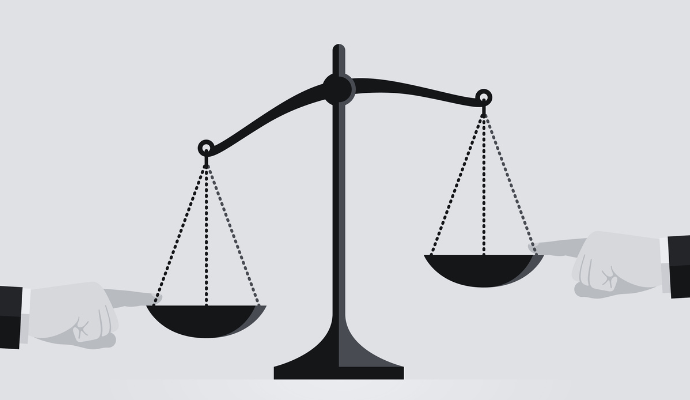Antitrust Lawsuit against Generic Pharmaceutical Companies Is Amended
An antitrust lawsuit brought by 51 plaintiffs against a group of pharmaceutical companies was constrained by a federal judge, limiting the allowed financial penalty.

Source: Getty Images
- A Pennsylvania Judge barred plaintiffs in an antitrust lawsuit from recouping substantial financial penalties in their case against a group of pharmaceutical companies. Judge Cynthia Rufe will not allow the 51 states and territories involved in the suit to disgorge profit generated by the pharmaceutical companies as a part of a financial penalty.
The lawsuit first filed in 2016 claims that 18 companies — including Teva Pharmaceuticals, Mylan Pharmaceuticals, Par Pharmaceuticals, and Sandoz Inc. — participated in anti-competitive tactics that inflated the price of generic drugs. The defendants in the case have denied liability and are alleged to have fixed prices through back channels and direct company-to-company contact for 18 different drugs.
In addition to the broad antitrust action being conducted in Pennsylvania, pharmaceutical companies are also alleged to be involved in an anticompetitive drug pricing scheme involving 80 dermatological medicines.
“These generic drug manufacturers perpetrated a multibillion-dollar fraud on the American public so systemic that it has touched nearly every single consumer of topical products. Through phone calls, text messages, emails, corporate conventions, and cozy dinner parties, generic pharmaceutical executives were in constant communication, colluding to fix prices and restrain competition as though it were a standard course of business,” commented Connecticut’s Attorney General, William Tong who is leading the litigation.
Recent rhetoric from lawmakers and the judiciary has indicated a harsher stance against anti-competitive practices and beginning in 2019, there was a measurable increase in antitrust action against corporations.
In March 2020, Apotex Corp paid $24.1 million for its role in an antitrust scheme that fixed the price of generic drugs. From 2013 to 2015 the company was involved in a drug pricing conspiracy to raise the price of a common cholesterol medication artificially.
Apotex Pharmaceuticals, Taro Pharmaceuticals, and Sandoz Inc — also named in the 2016 antitrust suit — paid $400 million collectively in 2021 for their role in a price-fixing scheme that raised the prices of multiple generic drugs. In that case, the companies were accused of leveraging their power to charge higher fees for medications sold to federal healthcare programs.
Drug pricing inflation has been driven partly by the rise of generic drug prices. Data from GoodRx published in February found that prices for 19 generic drugs had increased by 12.6% on average, far outpacing inflation during the same period. Analyses now predict that total prescription drug spending will reach $400 billion as soon as 2025.
